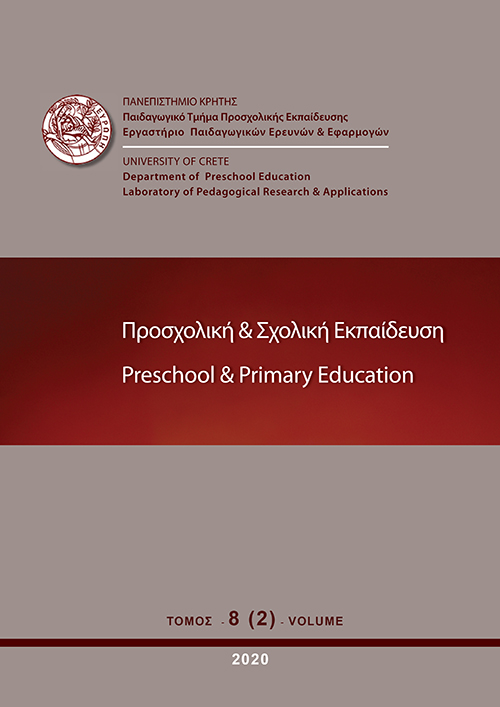Imperialist Planning and Educational-Cultural Policy of the Axis Powers in Greece during World War II

Abstract
This paper examines the policies applied in Greece during World War II by the Axis occupational powers - Germany, Italy, and Bulgaria - in the fields of education and culture. Methodologically it is attempted that the policies concerned are interpreted and better highlightened through the presentation (a) of the profile of each of the countries involved and their mutual relations with Greece, as they were formed during the time of the development of nation states and their respective nationalisms, and (b) of the nationalistic incentives and geopolitical aspirations tracked behind the imperialistic designs of each occupying power. The ultimate goals of the occupiers can be summarized as follows: Dehellenization or expelling of Greek populations in Greek territories intended for future annexation to their nation states, degradation of the Greek language and culture, fascistization of the political system, and economic exploitation of the country.
Article Details
- How to Cite
-
Chatzistefanidou, S. (2020). Imperialist Planning and Educational-Cultural Policy of the Axis Powers in Greece during World War II. Preschool and Primary Education, 8(2), 106–129. https://doi.org/10.12681/ppej.22790
- Issue
- Vol. 8 No. 2 (2020)
- Section
- Articles

This work is licensed under a Creative Commons Attribution-NonCommercial-ShareAlike 4.0 International License.
Authors who publish with this journal agree to the following terms:
- Authors retain copyright and grant the journal right of first publication with the work simultaneously licensed under a Creative Commons Attribution Non-Commercial License that allows others to share the work with an acknowledgement of the work's authorship and initial publication in this journal.
- Authors are able to enter into separate, additional contractual arrangements for the non-exclusive distribution of the journal's published version of the work (e.g. post it to an institutional repository or publish it in a book), with an acknowledgement of its initial publication in this journal.
- Authors are permitted and encouraged to post their work online (preferably in institutional repositories or on their website) prior to and during the submission process, as it can lead to productive exchanges, as well as earlier and greater citation of published work (See The Effect of Open Access).


